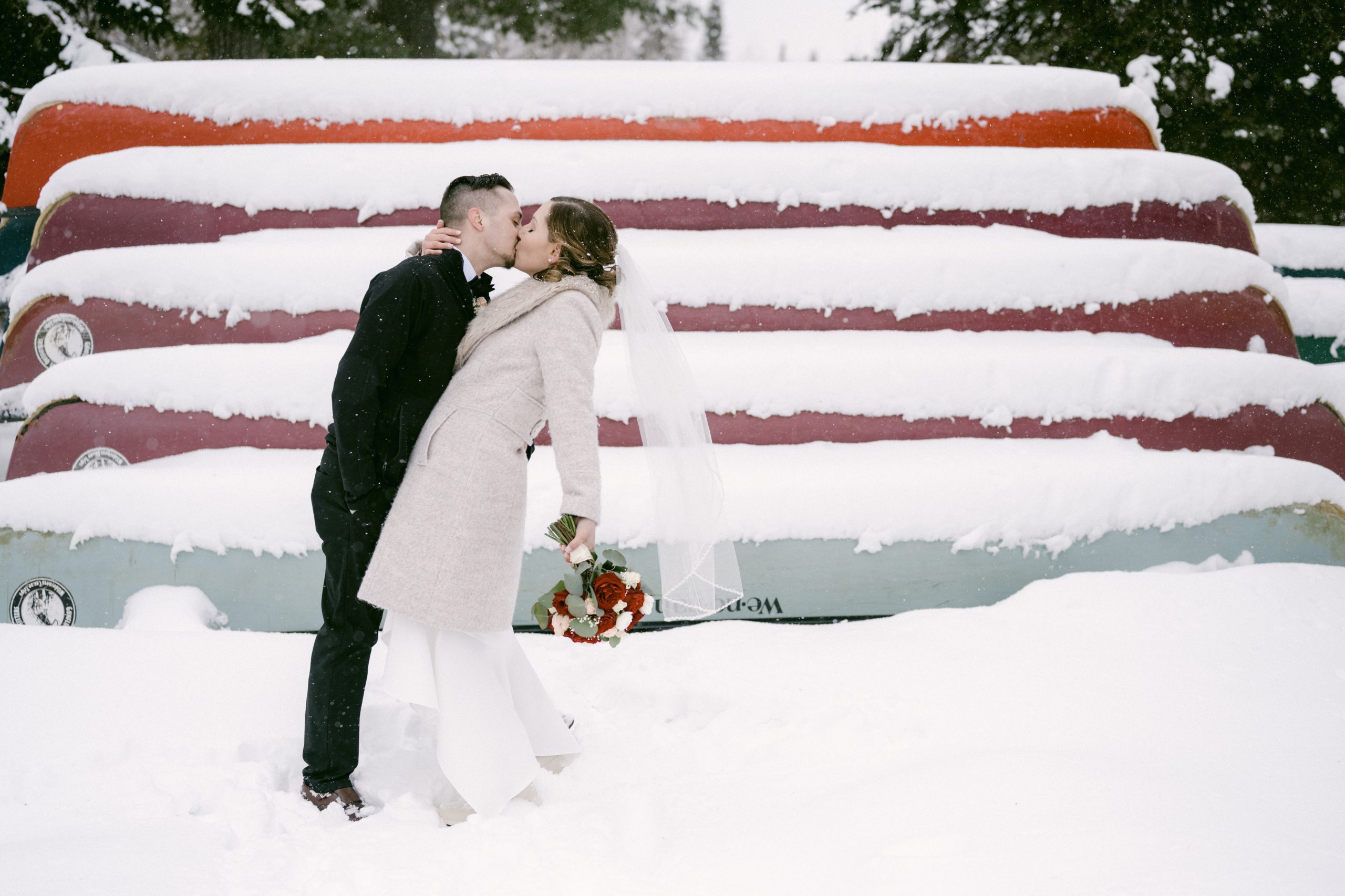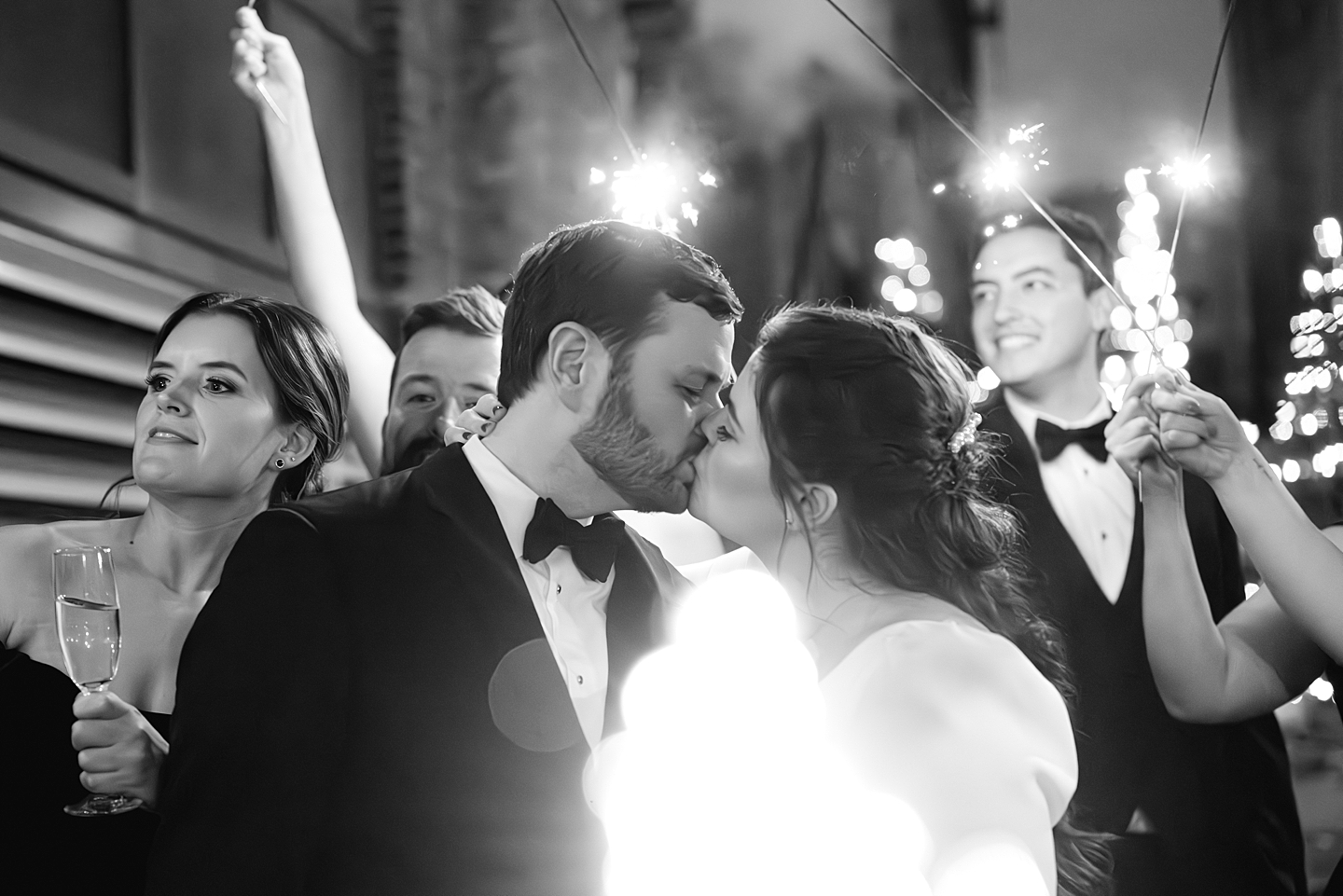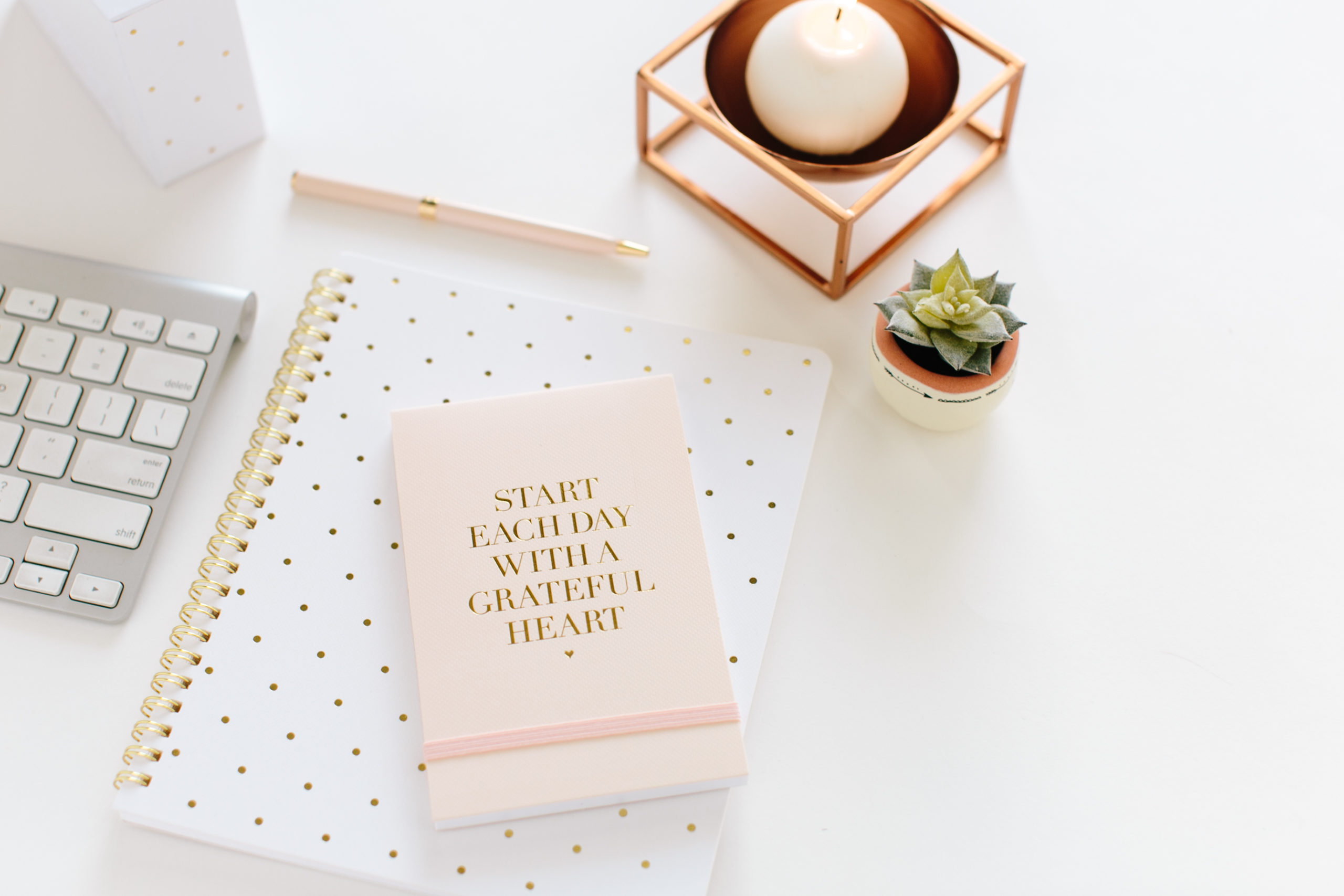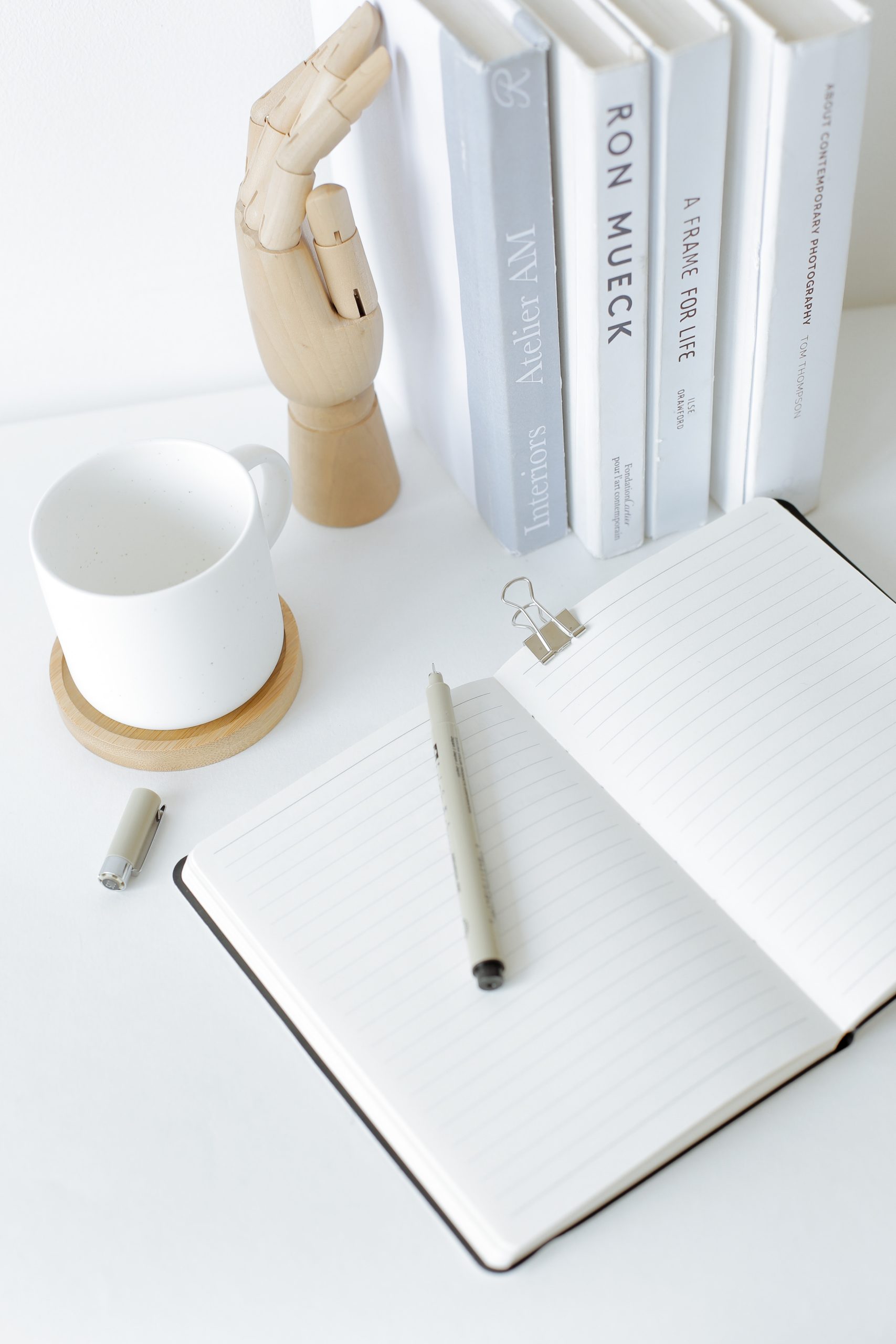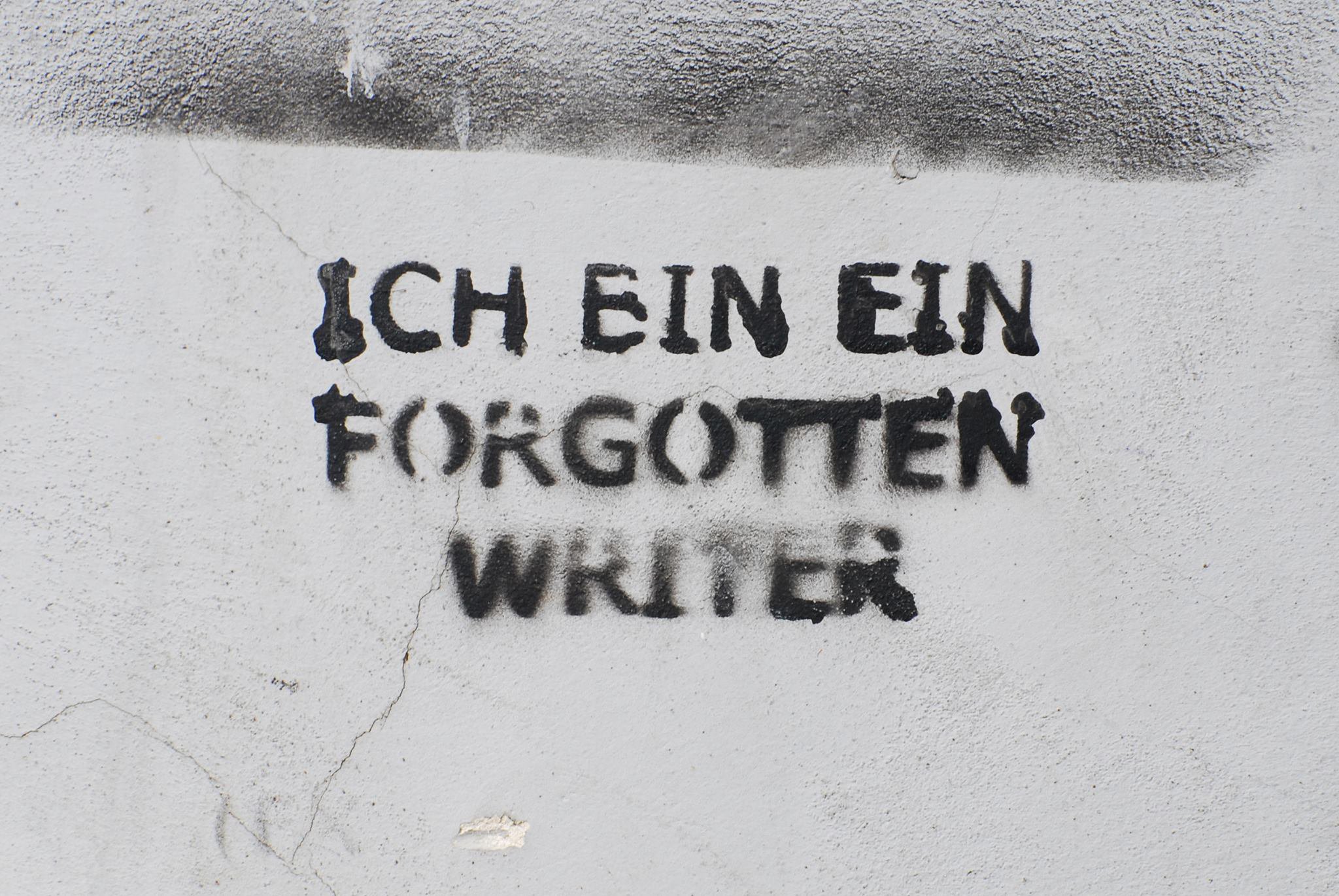

“The heck…”
That was my response as I removed a randomly placed pile of papers off my shelf. Slightly crumpled, lightly yellowed, I was amazed as to what they were.
They were a selection of old writing assignments, from middle school through undergrad. True to my historian roots, I keep a lot of things that most would give up as time passed.
There was a whole collection in these sheets. There were eighth grade geography assignments and American Literature work. But two pieces stood out.
The first was from Mrs. Loomis, my eighth grade English teacher. It was a gradesheet for something called Mindworks, a one-time column in the Minneapolis Star Tribune that featured student writing. The other was from Dr. Linda Miller-Cleary, the head of the Teaching Communication Arts/Literature group at the University of Minnesota Duluth. Both were complimentary comments on the one element of me of which I never thought would let go.
I didn’t always use a camera to take pictures. For the bulk of my life, I used words. In fact, as much as I loved photography and photojournalism back then, I assumed it would supplement and support a career in print journalism. Dreams of corresponding from all corners of the world filled my days and nights, contributing to local outlets, national pages, even online as that medium developed. I was going to write, and I was smitten with that.
As things do with time, that plan changed, and while I wouldn’t trade pivot that I have made to bring me here to this plateau in life, I do find myself nostalgic for my words. These papery relics related to writing sent me in search of the last piece of creative writing I produced. I stopped my pre-spring cleaning of my office and took to my blog archives to find a piece of which I have always been proud.
A piece I am wanting to share with you.
I know this is so often a photography-based blog, and I apologize to anyone who is disappointed with the departure. But for you to trust, you have to know me…so you need to know where I have come from to get to here, with you, today.
This piece is called “Ten Shekels.” It was inspired by something I witnessed while eating my first dinner out on my first trip to Tel Aviv, Israel. My trip coincided with the month of Elul, which often serves as a month of introspection and soul-searching prior to Rosh Hashanah (the Jewish New Year) and Yom Kippur (the Day of Atonement, our holiest day).
This story is six years old, but still one of my favorites. It first appeared on my all-but-abandoned blog East of Average, and I am happy to share it here now with you.
So, for your consideration, Ten Shekels.
Ten Shekels.
By Kayla Lee.
Copyright 2013/5773.
“Rosh Chodesh! Rosh Chodesh!”
Yoav looked up from his Mesoamerican temple of receipts at the lady in the doorway of his restaurant. He entertains all kinds in his little Mexican joint, but mostly tourists or wayward aliyot who have still yet to grasp Modern Hebrew. That’s what he has come to know and expect from his little corner of Ben Yehuda Street; that’s what keeps the menus bilingual and his business in business.
This lady, worn tough by the Middle Eastern sun from above and the radiant Tel Aviv heat from below, stood like a question mark in the doorway. She repeated her call of the new month, barring her toothless grin. Sparse gray hair corkscrewed out from her dusty, dirty, once-pink hat, now mauve from poverty. Her purple plaid blouse creased easily to her thin shoulders, tenting over the remainder of her gaunt frame.
She was a Rosh Chodesh Beggar; and this was Rosh Chodesh Elul. Elul coincided with August this year; vacationers paired with the observant should bode well for his business this month.
Yoav pushed back from his office-slash-waiters station, and dug into his pocket, fishing out a ten-shekel coin; there were bigger bills to catch in that pocket, but the coin is what he hooked with his index finger. Standing with the effort of men well twice his age of 36, he stepped of the slight landing, walking over to the lady, handing her the two-toned piece. Her frail hands captured the token as quick as a venus fly trap. She also caught his hand and his eye contact.
“Todah.” Thank you. May the Creator grant you peace and comfort in this month of retrospection and the New Year.
Yoav smiled at the sincerity of this woman as she let go and left. Closing his eyes with a soft chuckle, he turned to return to his workspace, shrugging his shoulders to one of his servers as the asked silently what that s all about.
“Rosh Chodesh” was all he could respond to his questioning wait staff.
Secular Yoav had seen it all before: the begging, the prayers, the blessings. In truth, though, there wasn’t enough of Rachel’s red wool in Jerusalem to make him think differently. Regardless of which New Year was being brought in; he remained relatively confident about his life, his choices—his outlook over his bills and the growth of his business attested to this.
Dropping his glasses back down onto nose from his graying bristle-brush hair, he watched the lady slowly progress down his street. With one last smirk and shake of his head, Yoav went back to work balancing his books, the same company he has kept New Year in and New Year out. At one point in life he may have wished for more, but the present situation always seemed more pressing than the future; that would take care of itself, he always thought. He looked down at this past, present, and future—a pile of fading bills and crumpled receipts with one lone photograph on the desk’s horizon of The One. Occasionally his eyes caught the one moment that camera’s flash enlightened; it was their last night of college, their first night together, and one of many moments he wished he could relive. Most of all, it was the reminded that there are no real do overs in life, just move outs and ons.
With this, his cynical mind went back to that lady with those shekels. That lady who, no matter, seemed to believe that everyone can begin anew, and she was going with those shekels. He couldn’t wedge that thought into any little crack of his mental being. What was she going to do with that solo coin? It was just a measly ten shekels.
He guessed she could buy a bottle of water—those big, clear, flavored bottles, the ones that fill those corner cages all over Tel Aviv. There had been August days where he wished he could have just one more bottle, one more sip. She must be on her way to the AM/PM, he reasoned; she needed water.
She could also ride the bus, he thought. Yes, she could spend however long in air conditioning on the Dan’s Number Ten. In this heat, that would definitely be a comfort, even if it was short-lived.
If she were a coffee drinker, she could perhaps get a cappuccino, but that could be a stretch without another kind heart and another ten shekels. Maybe that was where she went: She headed down to a corner café on Mapu Street, and she was enjoying a nice frothy coffee with a pomegranate swirled into the foam.
His current server on duty, Ronia (Ronnie for short), walked by in the midst of this moment.
“Rega.” Wait, Ronnie. What would you do with 10 shekels?
Ronnie paused in her steps, the confusion fused to her face.
“Ma?” What are you talking about?
Again, Yoav asked. What would you do with 10 shekels?
Ronnie had been employed by Yoav for the better part of five years; her ever increasing wardrobe of black, off black, and charcoal would support this. She’s come to know and appreciate his idiosyncrasies, and that it was always best to go along with him rather than against him. But it was so more fun to make him think.
Hugging the serving tray to her chest, she shrugged her shoulders. She didn’t know. What would you do without it?
“Slicha?” What are you talking about?
Think about it. If you didn’t have it, would it matter what you could do with it? No, it wouldn’t. If you didn’t know it was an option—having just ten shekels, no more no less—would you even bother thinking about it?
Placing her tray down close enough to the bills to send a couple floating to the floor, she took out her coin purse, cracking it open, and revealing several selections coins that totaled to 42 shekels (and some odd arogot).
See, she said. I don’t have to worry about just ten shekels, because mine had 32 other to help. She returned the purse to her pocket. Imagine if I didn’t have those 32. Imagine if I didn’t have two. Then ten would really be something.
The cook’s dinging bell incited a Pavlovian response in Ronnie, who went to retrieve the completed entrées.
Seriously, she continued as she piled her tray with the order; if you didn’t know you had it, would you worry about these things? Of course not. Now, if you found just the ten shekels on the street, a surprise at your feet, then you would have something to think about.
Carrying her loaded tray, she brought to the no doubt tourist or wayward aliyot her vegetarian fajitas and another bottle of Coke. The caramelized sweetness of the fresh-now-flavorful food curled through the air.
Yoav supposed Ronnie had a point; if we don’t know what we have, we might as well not have it.
That lady had ten whole shekels to do with what she wanted.
All Yoav had was bills.
~~~
What’s the post about? (Post Description)1/320“The heck…” That was my response as I removed a randomly placed pile of papers off my shelf. Slightly crumpled, lightly yellowed, I was amazed as to what they were. They were a selection of old writing assignments, from middle school through undergrad. True to my historian roots, I keep a lot of things that most wouldWhat’s the post about? (Post Description)1/320“The heck…” That was my response as I removed a randomly placed pile of papers off my shelf. Slightly crumpled, lightly yellowed, I was amazed as to what they were. They were a selection of old writing assignments, from middle school through undergrad. True to my historian roots, I keep a lot of things that most wouldWhat’s the post about? (Post Description)1/320“The heck…” That was my response as I removed a randomly placed pile of papers off my shelf. Slightly crumpled, lightly yellowed, I was amazed as to what they were. They were a selection of old writing assignments, from middle school through undergrad. True to my historian roots, I keep a lot of things that most wouldWhat’s the post about? (Post Description)1/320“The heck…” That was my response as I removed a randomly placed pile of papers off my shelf. Slightly crumpled, lightly yellowed, I was amazed as to what they were. They were a selection of old writing assignments, from middle school through undergrad. True to my historian roots, I keep a lot of things that most wouldIf you enjoyed this post, you may want to check out this post, which contains a collection of photographs from Israel.
Leave a Reply
BEHIND THE LENS
ABOUT KAYLA
At home on the road. Forever-focused on authenticity and the thrilling art of creation; always found in the moments that leave me breathless and in awe.
After fourteen years as a high school educator, I stepped back through a door I thought was closed. Journalism came back into my life. Armed with a Masters of Arts in Communication, I was again challenged and prepared to tell the stories that would become history, but with a twist: It is now your legacy of love that I document. The tension I seek is that from every tear, smile, laugh, and moment of love on your wedding day.
FROM THE BLOG
